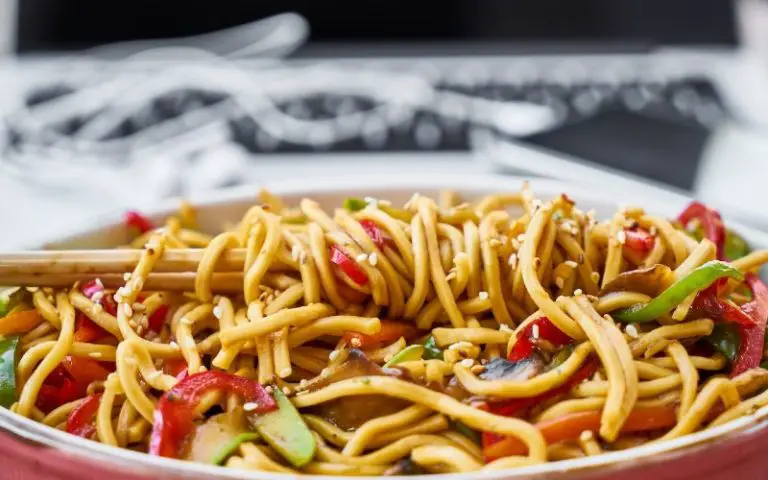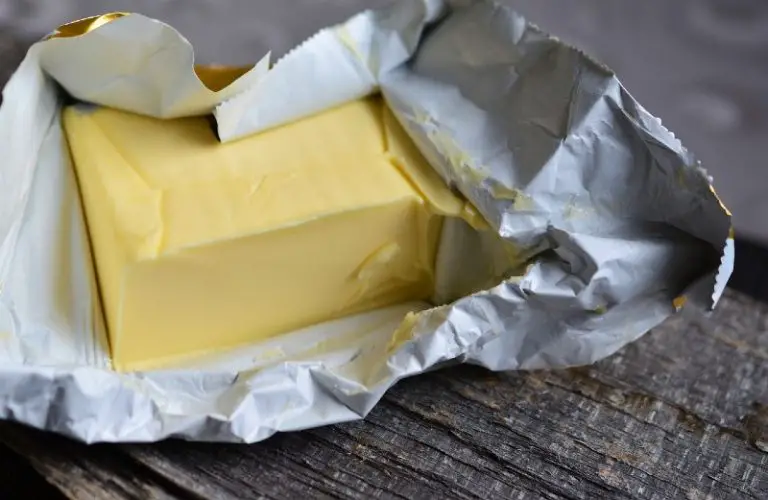A Brazilian Foodie Living in London
The unification of the global economic order means the world is getting smaller. People can be born and grow up in one country, then spend their working life in another and perhaps retire in a third. As a result, dual nationality is becoming increasingly popular and more people, and their children, are becoming multi-nationals, identifying with several cultures, languages, religions and gastronomies at once.
I am an example of this growing phenomenon. Although I was born in Brazil, I have spent more than half of my life in the United Kingdom, which gives me a cultural background from both worlds and I have been immersed equally in both cultures.
The culinary scene in the UK has changed tremendously in the last ten years. There are a huge variety of specialist shops, and supermarkets have responded by providing a great range of exotic and ethnic produce to cater for the multi-ethnicity of urban dwellers. The diversity and range in the restaurant, pub, cookery school and food magazine scene is palpable and vibrant.
I was born in São Paulo, Brazil, brought up in a Swiss-German and Spanish-Italian mixed family. I moved to London twenty years ago. The shock of the capital’s myriad of cultures was very intimidating to start with and it took me a long time to comprehend and to absorb the differences. Eventually, through listening, learning and studying, I came to understand the cultural richness of my new home and that, in turn, made my personal and social life much more fulfilling and happier.
The diversity of nationalities in Brazil also means that we experience the most amazing and unusual foods and drinks from all over the world. The cultures and habits have almost merged into one idiom: the language and enjoyment of good food. Our history, geography, climate and cultural idiosyncrasies mean that Brazilian food is quite rustic, earthy, sometimes fiery and always full of flavour, spices and fresh herbs.
I got the taste for cooking very early on in my life. My mother used to sit me inside the kitchen sink to keep an eye on me while she cooked lunch and dinner. The sink was very large and I was three years old, very small, bony and quite precocious. Since then my mother and my grandmother have endeavored to give my sister and I lessons in cooking with some disastrous consequences. Many years ago I mistook vanilla for strawberry jelly when baking a cake: it was the hardest cake ever. I burned a very expensive piece of meat, it was like eating a piece of old, dark, shoe leather. The list of disasters is extensive. However, it was all good experience and I learned a great deal from my earlier accidents. My family always remembers fondly my past kitchen experiences and instead of putting me off cooking, my mishaps encouraged me to try harder and become more proficient.
Coming from a hot-weather country, the Brazilian eating attitude is extremely distinct from European habits. For example, our Christmas celebrations are mostly spent by the sea, under the hot, blazing sun. Therefore we tend to eat cold meats, a lot of fish, seafood, fruits and cold desserts on that day. No roast dinners for us. We also barbecue a feast of all kinds of meats and great varieties of salads are the choice accompaniments.
Another defining feature is the temperature of drinks. In Brazil, drinks, in particular beer, is served beyond cold, almost to freezing temperature, to cool us down when eating outside, because five minutes after the bottle is out of the fridge it will be already at room temperature.
Lamb and beef are very common meats in the United Kingdom and they are eaten very frequently, owing to the high rainfall and green pastures. In Brazil meat is very expensive due to Brazilian farmers believing that leather is always the primary product from any farmed animal, while meat being a secondary product. Fish is our predominant source of protein, and there are many recipes in the Brazilian repertoire that include fresh water and salt water fish, as well as seafood.
One of my favourite shops where you can find an assorted of authentic Brazilian and Portuguese products, isLisboa Deli. They now have four shops all over London.
Lisboa Delicatessen
54, Golborne Road, Portobello, London W10 5NR T: 0208 969 1052
6, World’s End Place, Chelsea, London SW10 T: 0207 376 3639
4, Plender Street, Camden, London NW1 T: 0207 387 1782
147- 149, South Lambert Road, Stockwell, London SW8 T: 0207 587 1612
For fish, my favourite shop near my house is Jeffries Fishmonger:
Jeffries, Fishmonger
5, Market Row
Brixton
M: 07791 667 405
One of the most famous Brazilian fish recipes is “moqueca” that can be either made of fish only or both fish and seafood. Here is the authentic recipe:
Moqueca Bahiana – Brazilian fish stew
Ingredients
1.5 kilograms of fresh white fish (sea bass, sea bream, whiting)
3 bunches of coriander
3 bunches of spring onions
2 onions (small)
3 cloves garlic
4 tomatoes
3 lemons
Vegetable oil
chili to taste
green and red peppers
sea salt
1 can of coconut milk
Hard boiled eggs for decoration (optional)
I also add some prawns at the very end of cooking time, it’s a personal taste.
Method:
• Clean, gut, fillet and wash the fish in fresh water, cut the flesh into slices 5 cm wide, scrub them with lemon and leave in a bowl immersed in lightly salted water.
• In a pestle and mortar crush together garlic and salt.
• Add the vegetable oil (two tablespoons) to the mixture of salt and garlic. Set aside.
• Drain the fish slices and place them in the heavy bottomed pan, arranging them so that they are not on top of each other.
• Chop the coriander, slice the tomatoes, peppers, onions and place in this order over the fish steaks that are in the pan. Drizzle with the oil, salt and garlic mix, the juice of three lemons, spring onions, chilli and the coconut milk.
Do not add water and do not turn the fish steaks, but cook with the pan well covered. Leave over a medium heat for 20 to 25 minutes. Shake the pan occasionally so that the fish slices do not stick to the bottom of the pan.
I like to add some fresh prawns a couple of minutes before the end of the cooking time.
Sprinkle chopped coriander and chopped hard boiled eggs on top and serve with white rice.
Contact Details
Rosana McPhee’s food blog: www.hotandchilli.com
Follow Rosana on Twitter: @Rosana_McPhee


